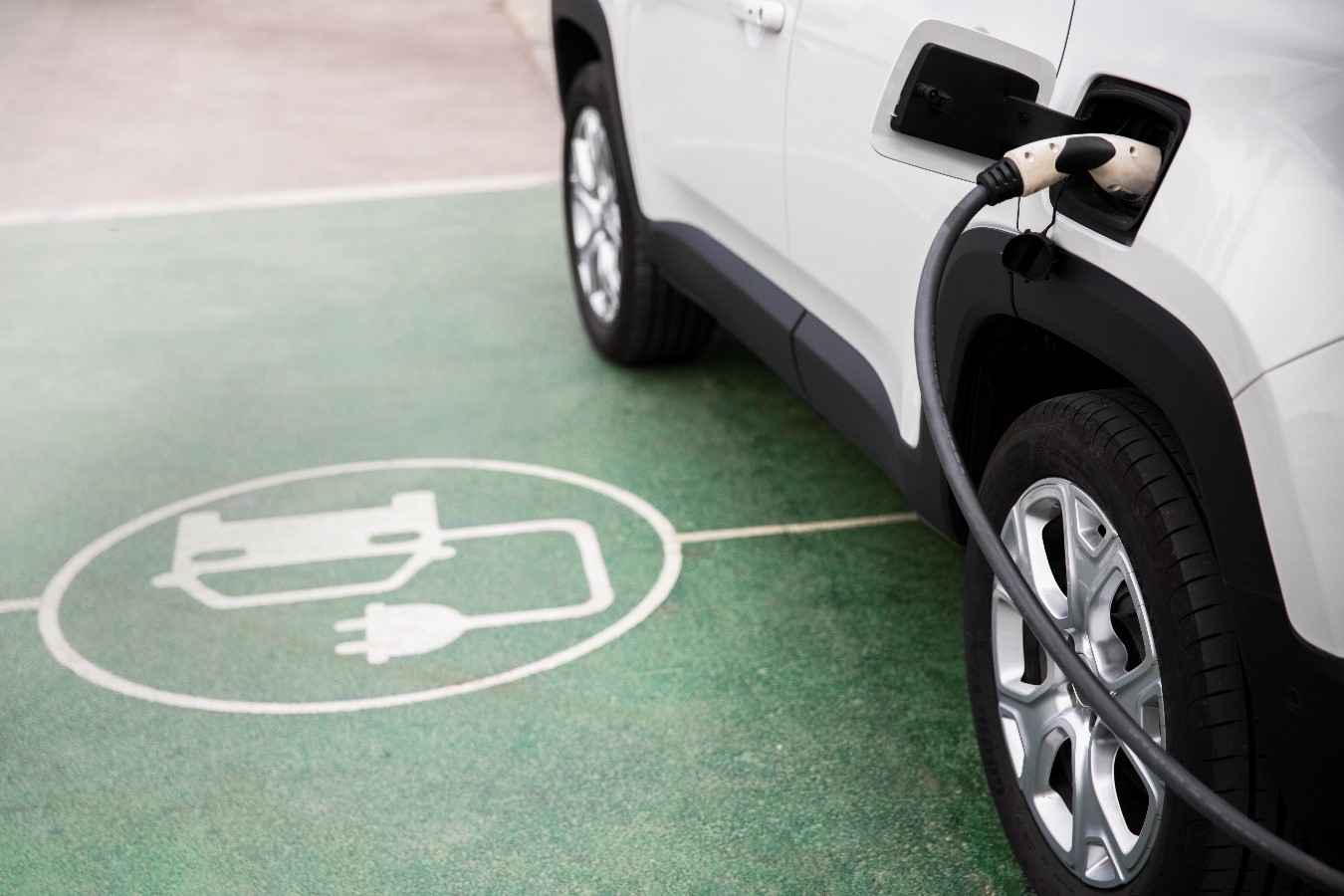The rise of electric and hybrid cars is not just a passing trend; it’s a necessary response to the environmental and energy challenges we face today. With an increasing number of people opting for eco-friendly vehicles, it’s crucial to understand how to insure them properly. This article provides essential information about insurance for electric and hybrid cars and what you should consider when choosing a policy.
Table of Contents
ToggleKey Differences Between Conventional and Eco-Friendly Vehicle Insurance
While the basic principles of auto insurance apply to both conventional and electric or hybrid vehicles, there are notable differences. First, the value of the vehicle is a determining factor. Electric and hybrid cars usually have a higher market price due to the advanced technology they incorporate. This can influence insurance premiums since the cost of repair or replacement is higher.
Higher Repair Costs
Additionally, repair costs can be significantly higher. The specialized expertise required to repair electric and hybrid vehicles is limited. Workshops with trained personnel and specific equipment may charge more for their services, affecting the insurance cost. Specialized components, such as batteries and electrical systems, are expensive. A failure in these components can result in significant repairs, which is reflected in the coverages and insurance costs.
Specific Coverages for Eco-Friendly Vehicles
When seeking insurance for your eco-friendly vehicle, it’s important to consider certain specific coverages. Battery coverage is essential since it’s one of the most expensive components of the vehicle. Ensure that the policy covers damage, theft, or battery failures. It’s also advisable to have specialized roadside assistance. Electric cars may require specific towing services, and some insurers offer assistance if you run out of charge. If you have a home charging station, some policies offer protection against damage or theft of this equipment.
Factors Influencing the Insurance Cost
Several elements influence the cost of insuring an electric or hybrid car. The driver’s profile, including age, driving history, and experience, can affect premiums. The use of the vehicle, such as annual mileage and purpose (personal or commercial), is also considered. Geographical location plays an important role; areas with high theft or accident rates can increase the cost. Additionally, the vehicle’s safety features, including driver assistance systems and safety characteristics, can reduce premiums.
Available Tax Benefits and Discounts
In some countries, there are tax incentives and discounts for owners of eco-friendly vehicles. Some insurers offer premium discounts as an incentive to promote the use of sustainable vehicles. Government benefits, such as tax exemptions or subsidies, may be available, indirectly affecting the total cost of ownership and insurance.
Tips for Choosing the Best Insurance
When selecting the best insurance, it’s advisable to compare offers and not settle for the first option. Carefully read the fine print to understand all clauses, exclusions, and limitations. Consulting with experts or agents specialized in insurance for electric and hybrid vehicles can be very helpful. Also, consider comprehensive packages; sometimes, bundling insurance policies (home, life, auto) with a single company can offer discounts.
Trends and Future of Eco-Friendly Auto Insurance
With technological advancement, insurers are adapting their products. Telematics and usage-based insurance are emerging trends; some companies use devices to monitor driving behavior, adjusting premiums based on actual risk. Software updates and cybersecurity are becoming relevant, and coverage against hacking or software failures may be future considerations.
Frequently Asked Questions
It’s common to have questions about insurance for electric and hybrid cars. For example, is it more expensive to insure an electric car than a conventional one? Generally, yes, due to the higher cost of the vehicles and repairs. However, discounts and benefits can offset this difference. Another frequent question is whether the insurance covers the charging cable and other accessories. This depends on the policy; some insurance offers coverage for specific accessories, so it’s important to confirm with the insurer. There’s also the question of whether special coverage is needed when installing a home charging station. It may be advisable to extend your home insurance to cover the charging station against possible damage or theft.
Conclusion
Insuring an electric or hybrid car involves considering additional factors compared to conventional vehicles. It’s essential to be informed and choose a policy that suits your needs and provides peace of mind. With the growing trend toward sustainable mobility, the insurance market will continue to evolve to offer more suitable and competitive solutions for owners of eco-friendly vehicles.


